Illustration type -> Realistic
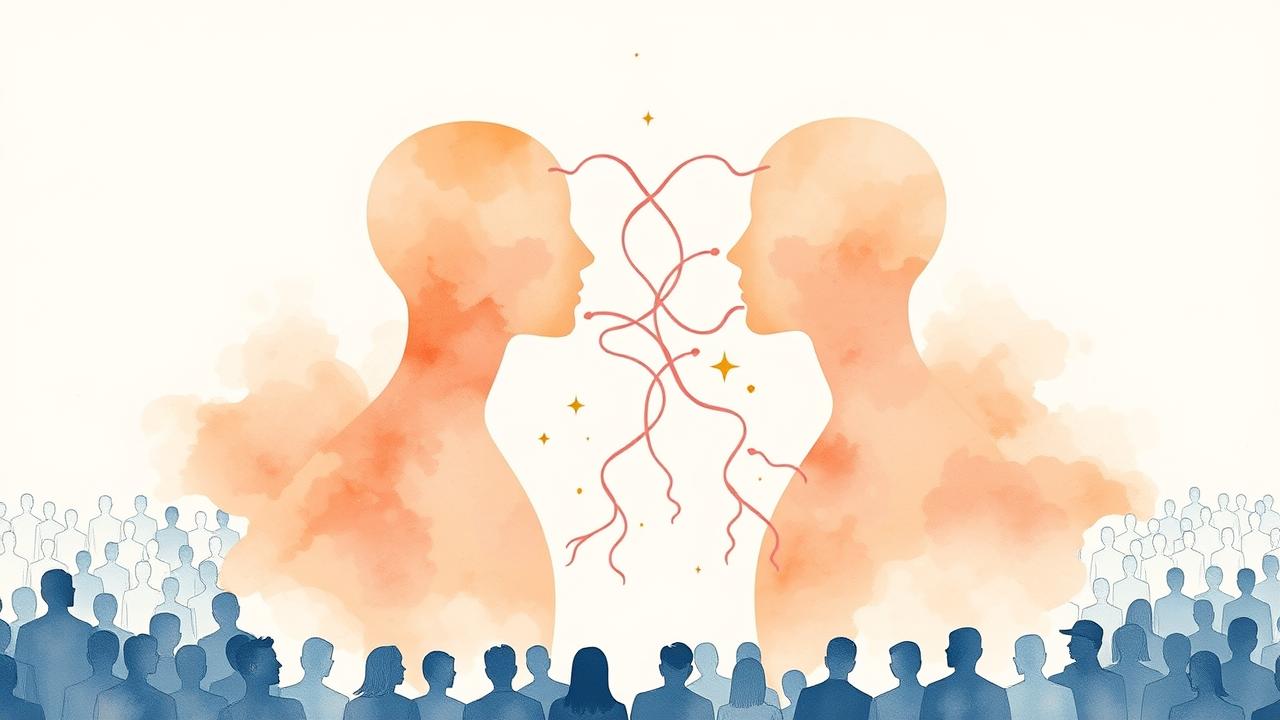
Why We Crave Connection: The Unspoken Truth About Human Relationships
In a world obsessed with independence, we often forget one simple truth: We are wired for connection.
From the moment we’re born, our survival depends on relationships. A newborn can’t feed itself, protect itself, or make sense of the world alone. And while we grow more self-sufficient, that need for connection never disappears.
But what makes relationships so essential to our well-being? And why, in an age of constant communication, do so many people still feel lonely?
Let’s explore the deeper layers of human relationships—the psychology, the paradoxes, and the silent forces that shape how we connect.
1. The Science of Connection: Why We Need Each Other
Human connection isn’t just emotional—it’s biological.
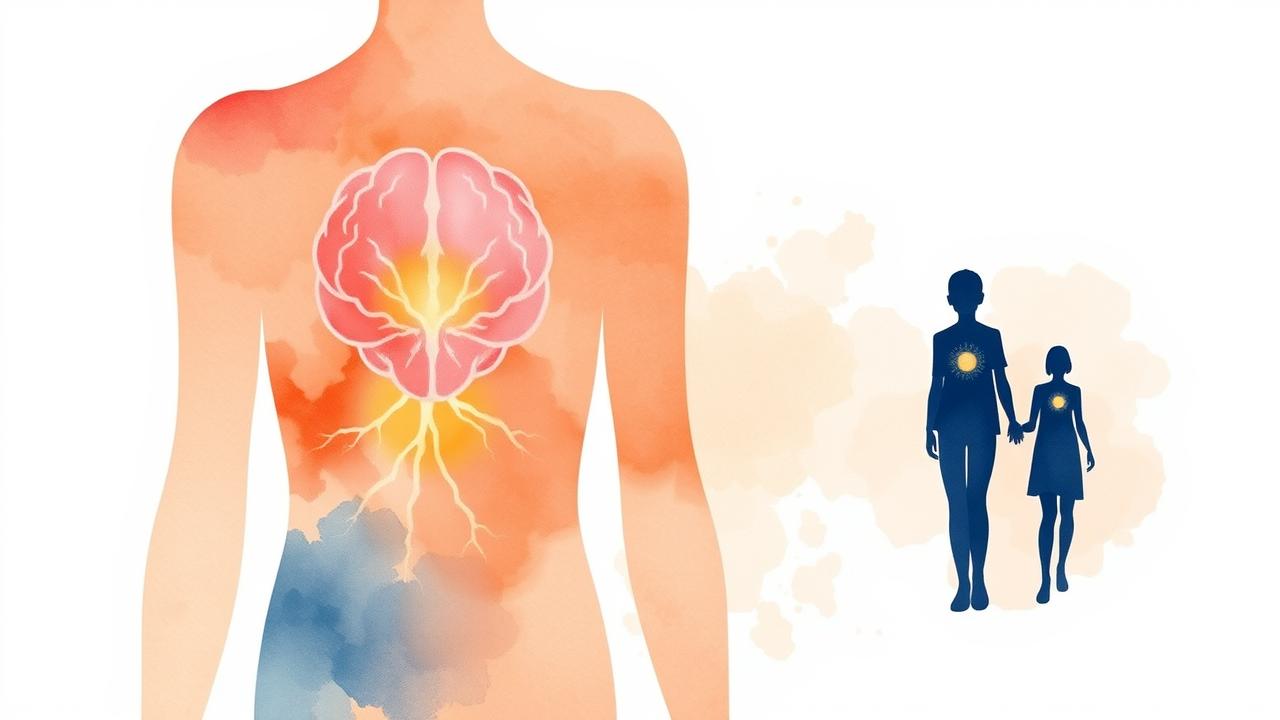 The Chemistry of Connection
The Chemistry of Connection
Studies show that strong relationships lead to longer lives, better health, and lower stress.
When we feel connected, our brains release:
Oxytocin (the “bonding hormone”) – Creates trust and deepens relationships.
Serotonin (the “happiness chemical”) – Boosts mood and emotional stability.
Dopamine (the “reward hormone”) – Strengthens social motivation.
On the flip side, chronic loneliness triggers:
Increased cortisol (stress hormone)
Higher risk of depression and anxiety
Weakened immune system
In short: Connection isn’t just “nice to have.” It’s fundamental to our survival.
2. The Paradox of Modern Relationships
Despite living in the most “connected” era in history, loneliness is at an all-time high.
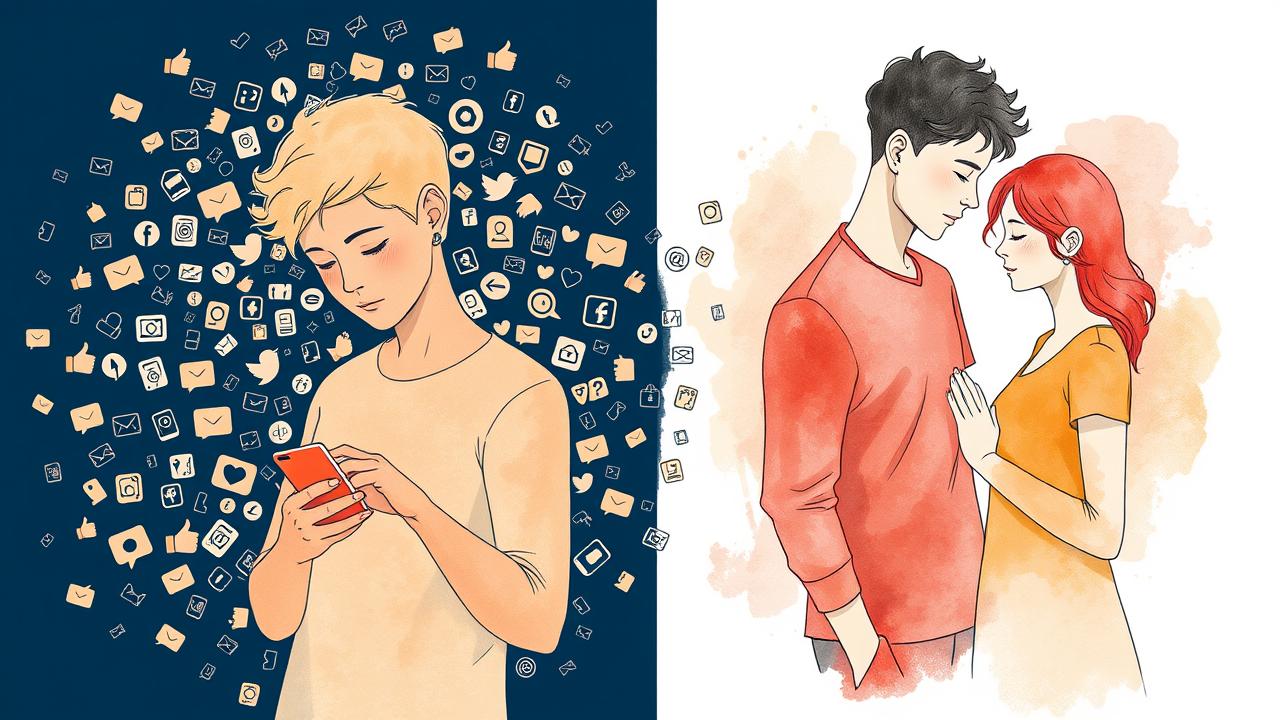 Drowning in Shallow, Starving for Deep
Drowning in Shallow, Starving for Deep
Why? Because connection isn’t about proximity—it’s about depth.
We have more friends on social media, yet fewer real conversations.
We can instantly message anyone, yet we hesitate to reach out.
We seek validation online but struggle with face-to-face vulnerability.
We are drowning in shallow interactions but starving for deep ones.
The solution? Less quantity, more quality.
Fewer surface-level chats. More raw, honest, unfiltered conversations.
Because feeling seen by one person is more powerful than being noticed by a thousand.
3. The Silent Killers of Relationships
Most relationships don’t fail because of big betrayals. They erode slowly, from everyday neglect.
Here are three common, but often overlooked, relationship killers:
1. Assumption Over Communication
We assume people know how we feel. We assume they “get it.”
But silence isn’t clarity—it’s a breeding ground for misunderstandings.
Say what you mean. Ask what you don’t understand.
2. Emotional Withholding
Love isn’t just about feeling it—it’s about expressing it.
Telling someone you appreciate them, even when they “should know,” makes all the difference.
Affection left unspoken is affection unfelt.
3. Keeping Score
A relationship isn’t a competition.
If you keep a mental tally of who gives more, you turn love into a transaction instead of a gift.
Give freely, or don’t give at all.
4. The Most Underrated Relationship Skill: Holding Space
We often think that helping means fixing.
But sometimes, people don’t need solutions—they need space to be heard.
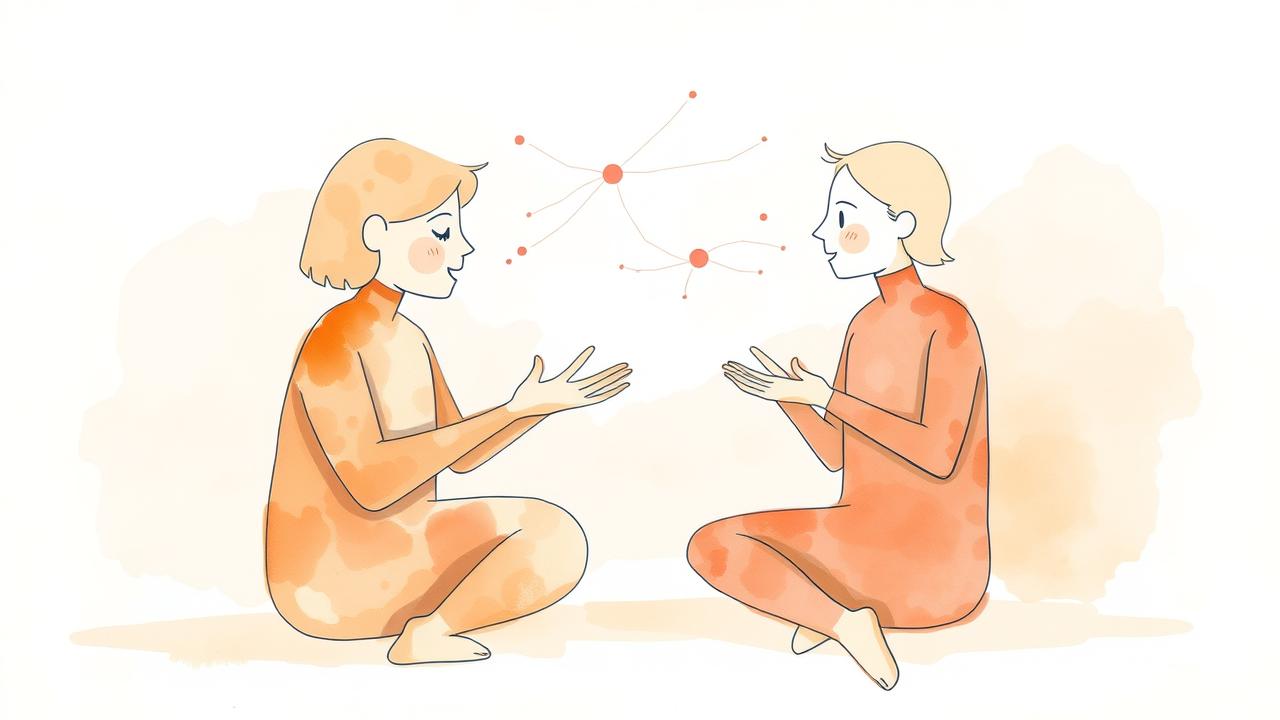 Holding Space
Holding Space
Holding space means:
✔️ Listening without interrupting or offering advice
✔️ Making room for emotions, even if they’re messy
✔️ Resisting the urge to “solve” things too quickly
Because the truth is, being understood is often more healing than being “fixed.”
5. What Makes Relationships Last?
People often ask: What’s the secret to long-lasting relationships?
The answer isn’t one grand gesture. It’s a million small, consistent choices over time:
Choosing understanding over ego.
Choosing curiosity over assumption.
Choosing to show up even when it’s inconvenient.
At the heart of it, relationships are not about finding the perfect person—they’re about choosing to keep seeing, appreciating, and growing with someone, over and over again.
Final Thought: Love Is a Practice, Not a Feeling
We often treat love as something that just happens to us. But real connection isn’t passive—it’s intentional.
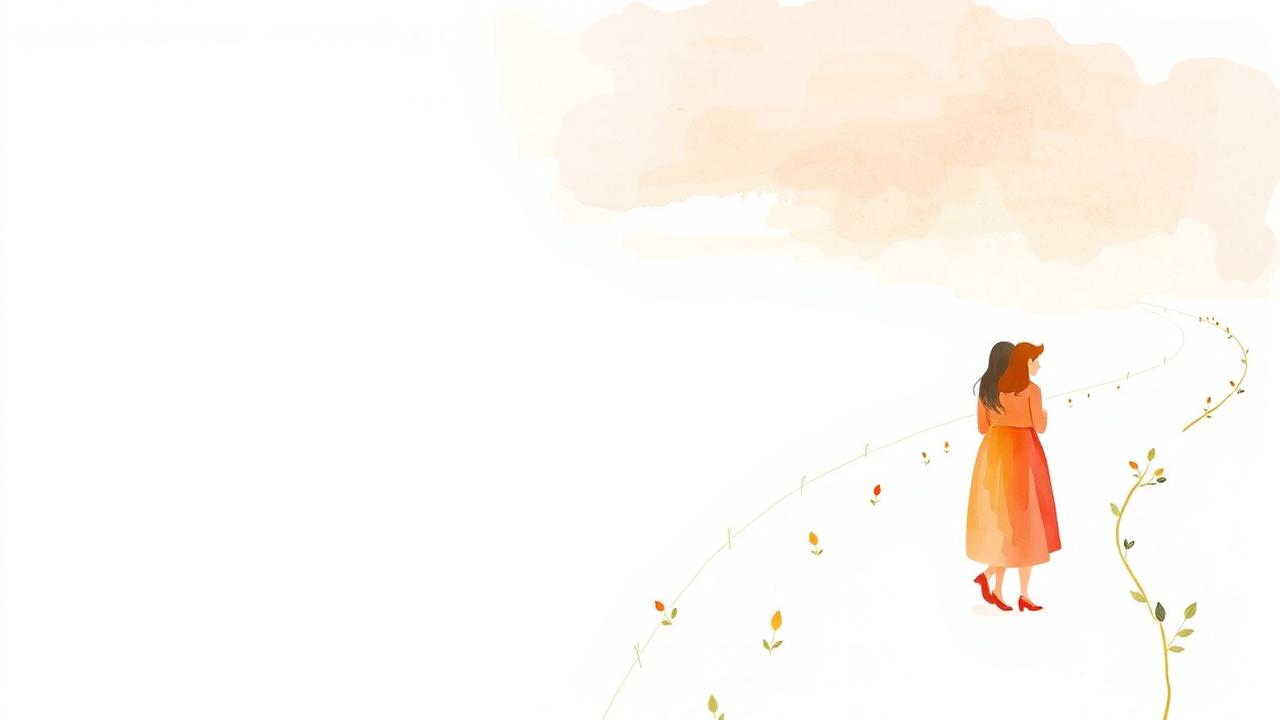 Love as Daily Practice
Love as Daily Practice
Love isn’t just about how we feel.
It’s about how we show up.
How we listen.
How we make others feel seen, even in the smallest ways.
Because at the end of the day, the relationships we nurture shape the lives we live.
So the real question isn’t "Do I have love?"
It’s "Am I practicing love daily?"